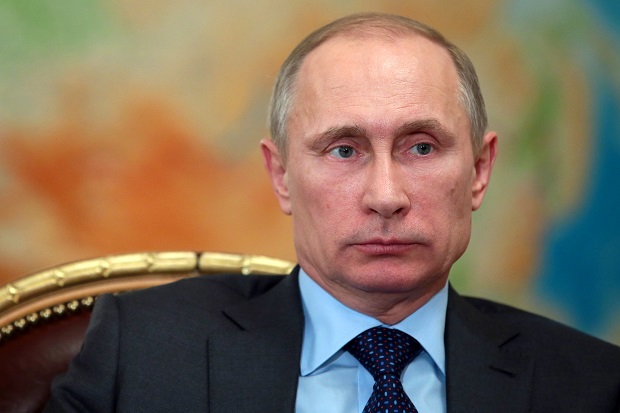The murder of Boris Nemtsov, even more than previous assassinations of journalists and other figures deemed unhelpful to Vladimir Putin’s regime, feels like a moment of grim significance. It represents a watershed, dividing Putin’s past from his future.
It is true, for sure, that Putin has rarely bothered to conceal his darker side. True, too, that too many people are prone to forgetting his actions – or rather the actions of people close to and supportive of Putin – in the Moscow apartment bombings which eased his path to power. Nevertheless, for a long time now, many people have preferred to turn away from the reality of Putin’s Russia.
Reality is a heavy puncher, however, and after the Crimea and the Ukraine comes this. The assassination of a prominent opposition figure just yards from the Kremlin’s front door. It is the action of a regime that feels it need no longer pretend.
Of course, Putin remains popular. Revanchist populism and nationalist assertion never lacks a constituency. Doubtless he would not need to cheat to win an election (even so, more than a third of Russians voted for opposition candidates last time Putin braved the electorate) but, of course, he would cheat, just to make sure.
Which, again, is why this feels like a pivotal moment. In its suppression of opposition, in its thuggish aggression, in its capricious and rigged “justice”, Russia is crossing the line that differentiates between democratic authoritarianism and outright dictatorship. Indeed, Putin crossed that line some time ago.
The difference is that now no-one can honestly claim they didn’t know. The Kremlin payroll maintains its army of paid-for trolls, typing out hysterical pro-Putin propaganda online and doubtless in print there are still some ready to make whatever excuses are necessary but, still, the rest of us can see clearly.
Does anyone really think anyone else would be permitted to win an election in Russia were one held? Of course not.
Nor is Russia being isolated or threatened by the west. On the contrary, Russia is isolating itself. Even international politics is supposed to be governed by a set of rules. These are not, it must be said, the world’s most tightly-defined set of rules. Members of the club are permitted significant – perhaps too much – leeway. Time and time again Putin has overstepped the line.
There may be a dark irony in the fact that the greater Russia’s isolation the more probable it is his regime will continue to flaunt its disregard for international opinion. What else does Putin have to lose? If the price of his bravado is Russia’s immiseration then so be it.
And yet, even now, Putin makes a show, just for decency’s sake. There were the condolences he sent to Boris Nemtsov’s mother and the opposition’s rally was allowed to take place yesterday, unmolested. But these are just the outward appearances of normality, the occasional flickering of a civil order that’s designed to mask the reality of life in Russia. A Russia that, by design, all belongs to Putin and his allies.
Yet all this also disguises the weakness of Putin’s position. The conflict in the Ukraine rumbles on but it has become a small war in which Putin may achieve short-term and localised success only at the expense of a much more devastating and permanent defeat. Kiev will no longer look to Moscow and since keeping the Ukraine within the Russian, as opposed to the european, sphere of influence has been Putin’s objective it is not unreasonable to conclude he is losing the battle all along its wider, strategic, front.
And because, sensibly, no-one in the west has any desire to make matters on the ground in eastern Ukraine any worse, Russia must be reprimanded – and made to pay – in other ways. This is necessary even if it also has some unfortunate consequences. Because it is precisely the weakness of Russia’s international position that then requires a domestic crackdown and an increasingly hysterical, wagons-circling, approach to domestic politics, all the better to mask the regime’s blunders and weakness. The one compensates for the other.
Which is why, in the end, it doesn’t much matter if there’s a trail connecting Putin to Nemtsov’s assassination. The Russian president may well not have given the order but that is because, in large part, he didn’t need to.
There’s an old Russian joke which says it all. A man is arrested for distributing leaflets in Red Square. At the police station it is discovered all the leaflets are blank. ‘Why is this?’, the authorities ask. And the man replies: Everyone knows what is going on, so why bother to write it down?







Comments